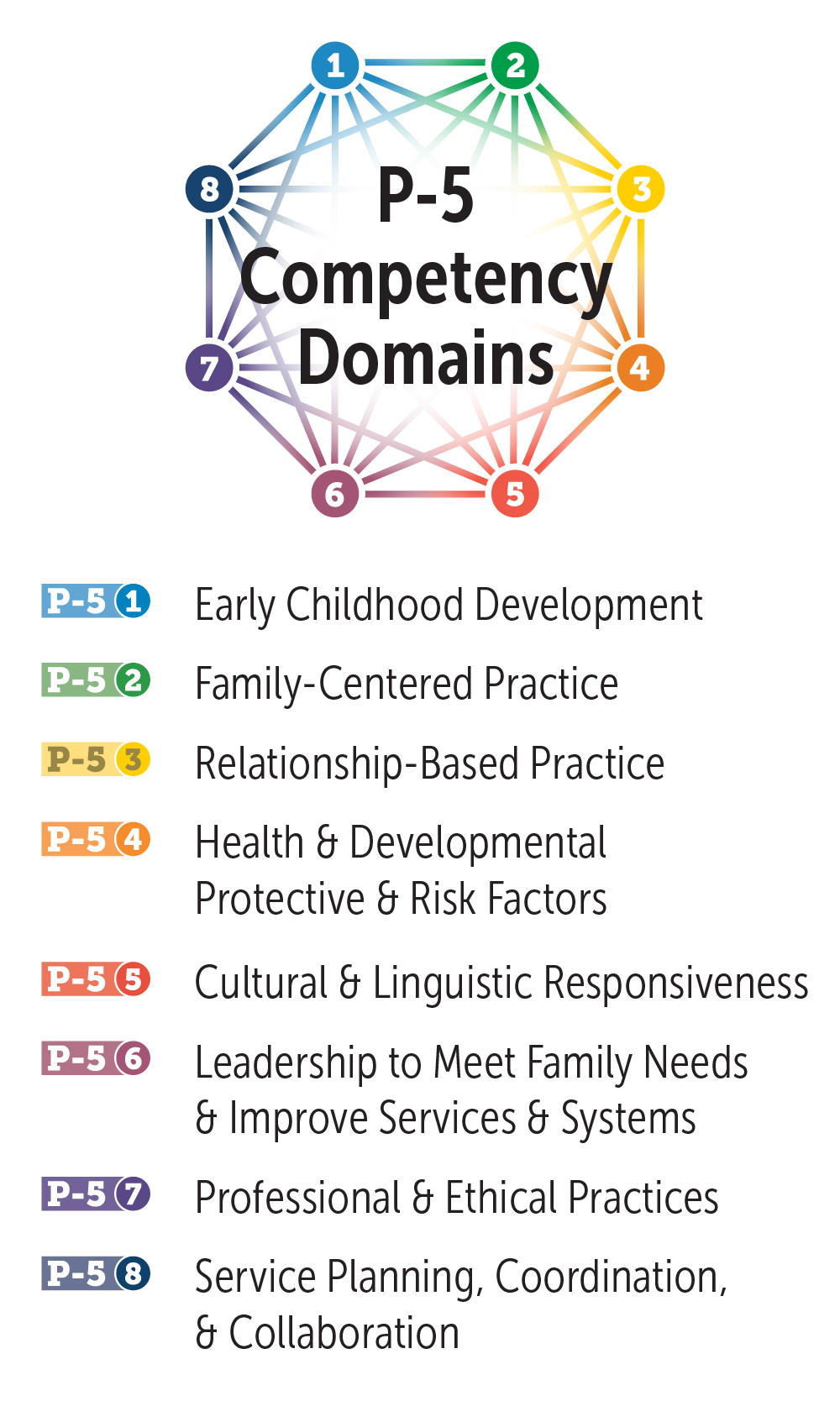
Critical Competencies for Infant-Toddler Educators™ Online Module SE-3: Supporting Emotional Expression and Regulation
Infant-toddler educators support emotional expression and regulation by responding to children’s emotional cues in ways that meet children’s needs. Ensuring a generally predictable sequence of events each day and providing consistent responses to children’s bids for attention supports infants’ and toddlers’ ability to identify and regulate their emotions. Very young infants need others to provide external regulation—such as rocking, humming, turning down the lights, or offering a pacifier—so that they can begin to learn how to calm themselves. As children grow and develop they will need less external regulation and begin to develop internal regulation skills that they will hone throughout their lives. Caregivers acknowledge strong emotions—both positive and negative—and help children restore their emotional equilibrium by staying calm, modeling self-regulations skills, making suggestions, and physically assisting children with methods to manage their emotions. By helping young children learn how to handle their emotions successfully, infant-toddler educators also support children’s growing abilities to focus their attention and thinking on learning activities.

